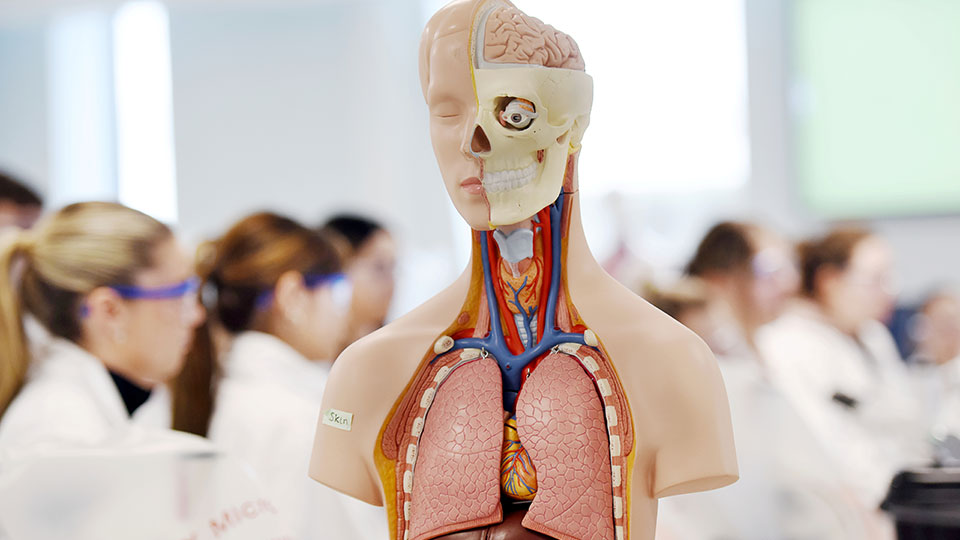Institutional themes
As an enterprising and ambitious university, our research reflects our role as an anchor institution with a global footprint and reputation for excellence.
We synergise expertise from a range of disciplines, working in partnership with industry, and communities to address regional, national, and global challenges.
From discovering new ways to improve patient care and managing pain, fighting poverty and inequality, to powering regional digital and green agendas, we are committed to making a positive contribution to the communities we serve.
Aligning our research to these core themes ensures our work meets community needs, is shaped by society, and drives equality and economic growth.
Three core institutional themes frame our research and drive our mission to transform lives and economies:

Net Zero
Our Net Zero research is shaping a cleaner, greener future which will be transformative for our region, the UK, and beyond.
More about Net Zero
Health & Wellbeing
Our research in health and wellbeing addresses the medical challenges of the future, driving positive change in healthcare across regions.
More about Health & Wellbeing
People & Place
Our research is transforming the lives of individuals and communities powering a sense of pride, place and cohesion.
More about People & Place